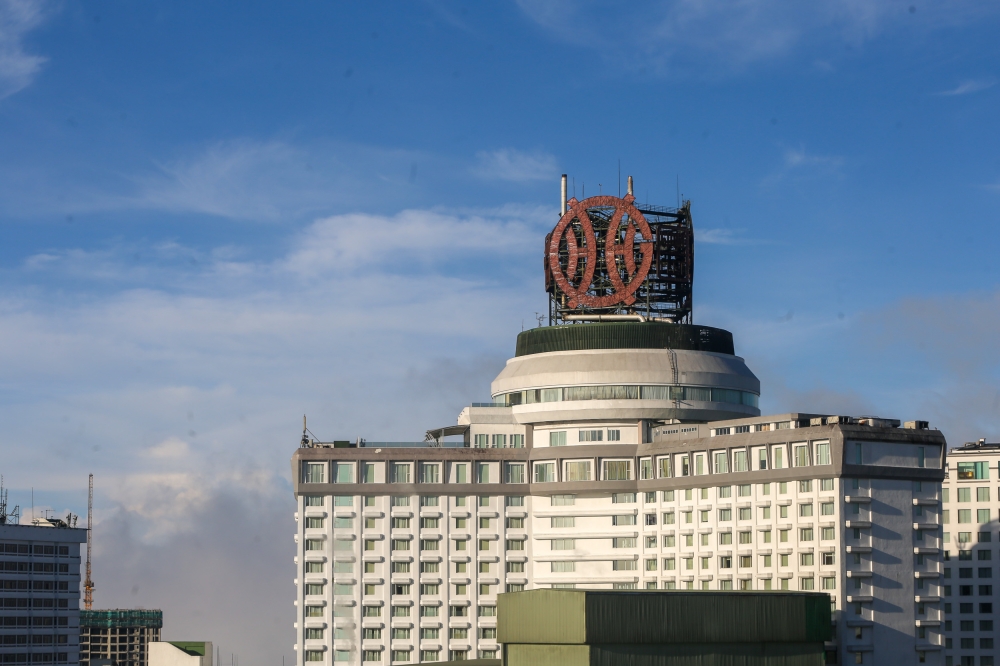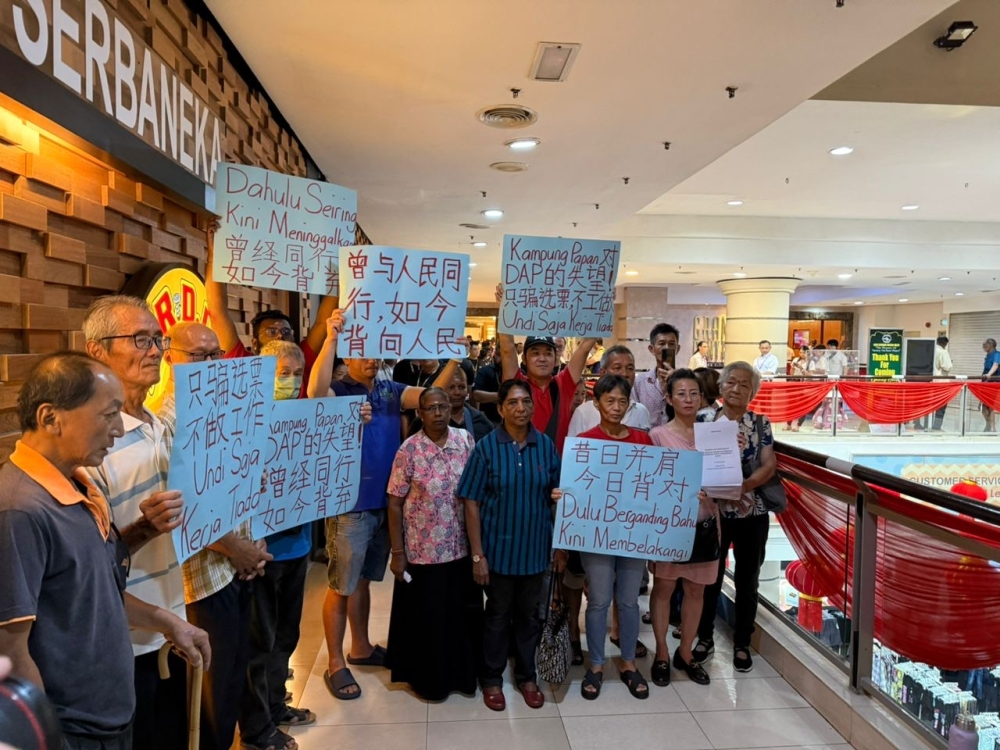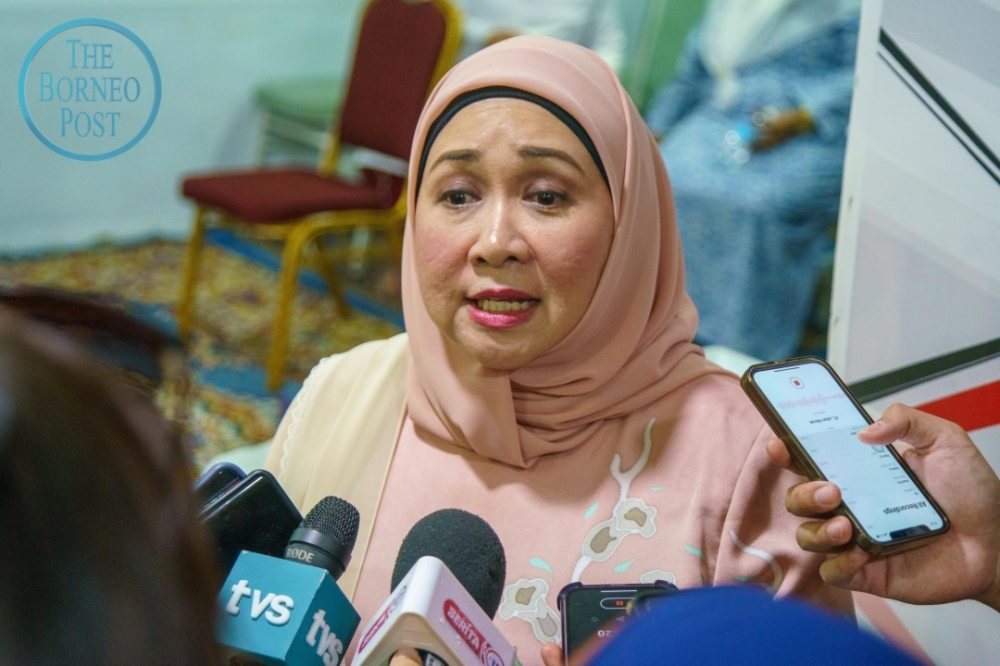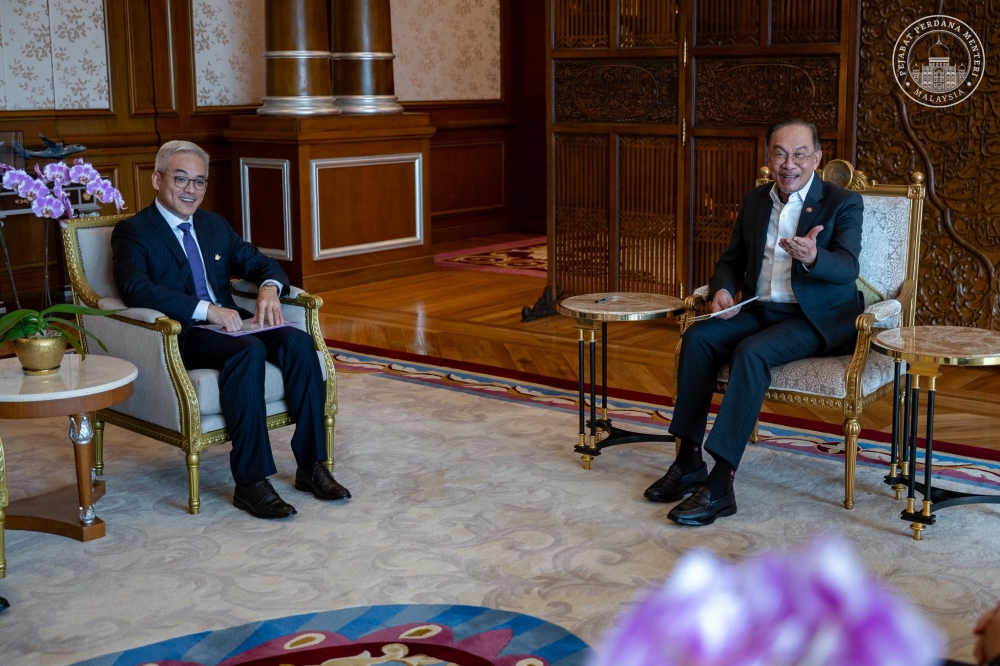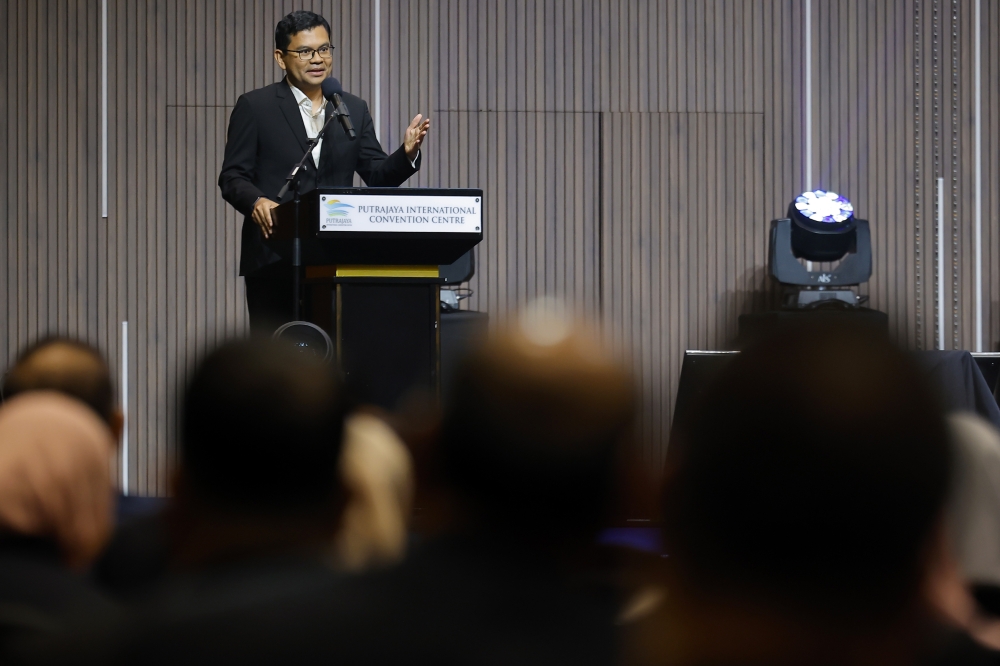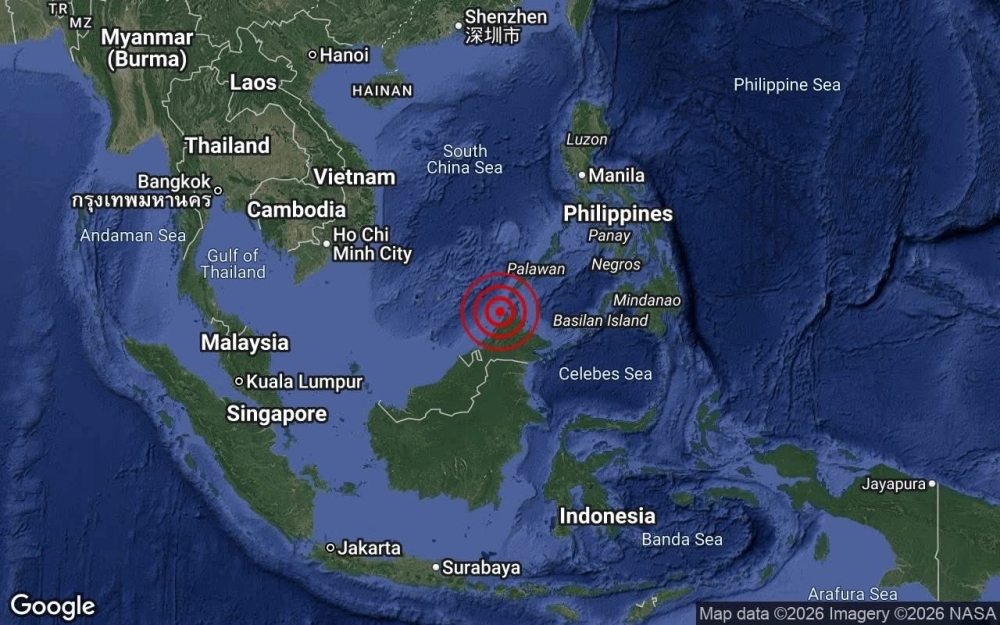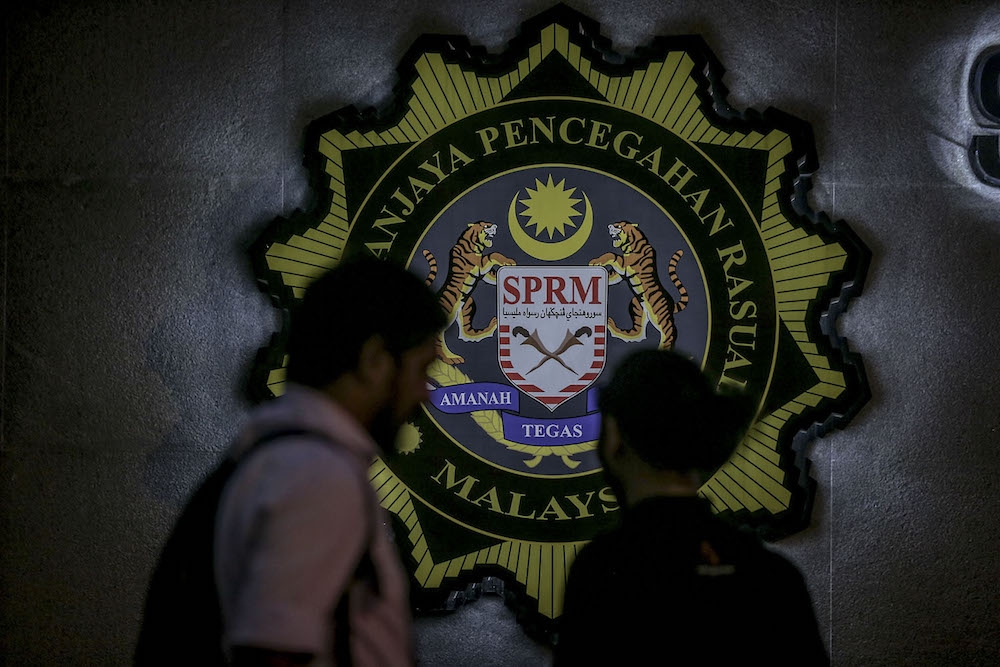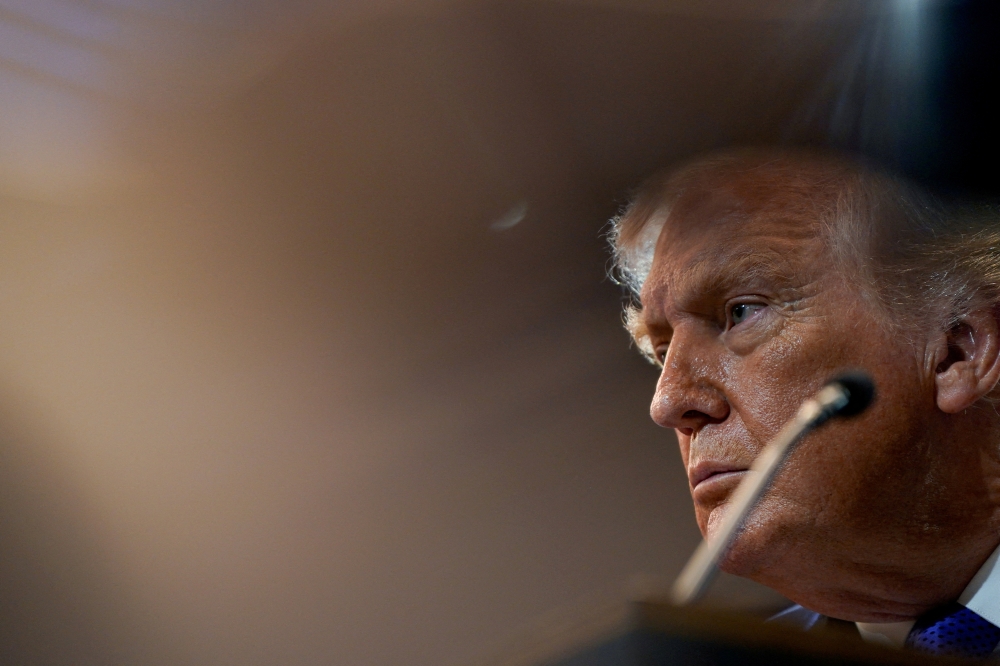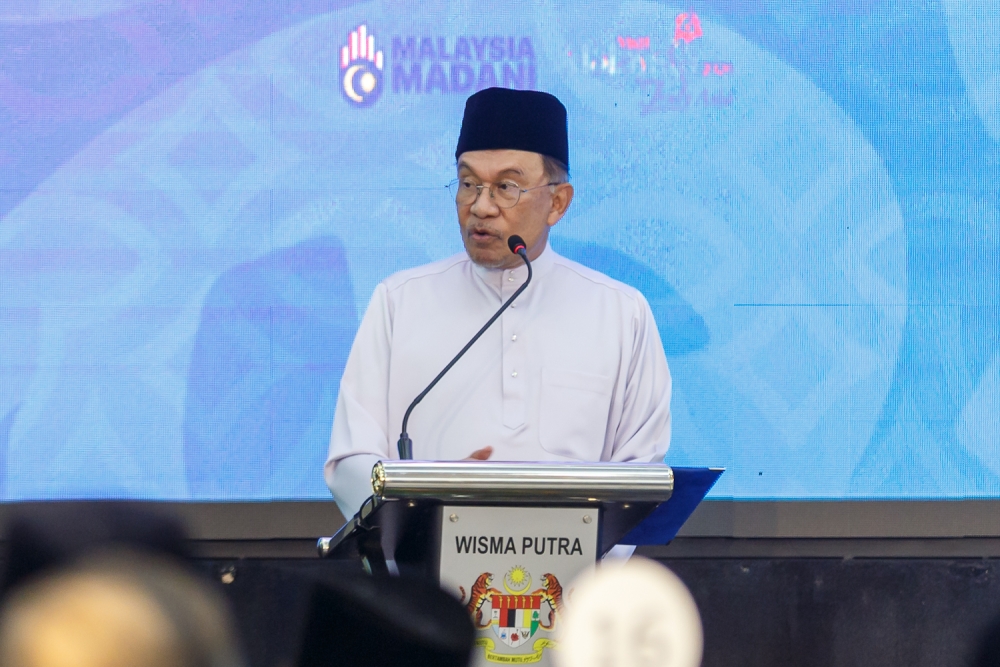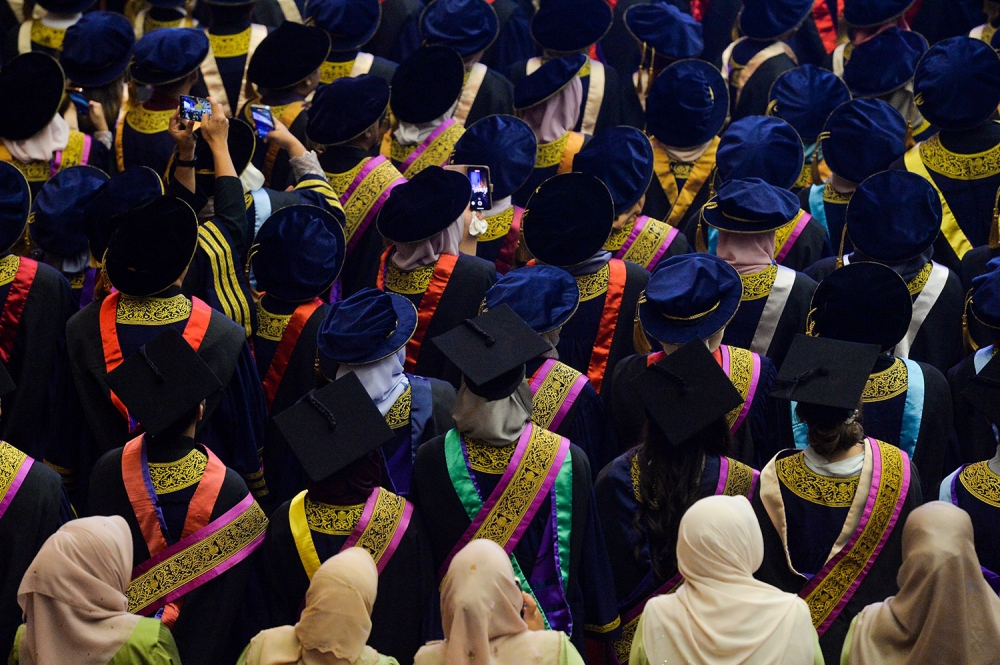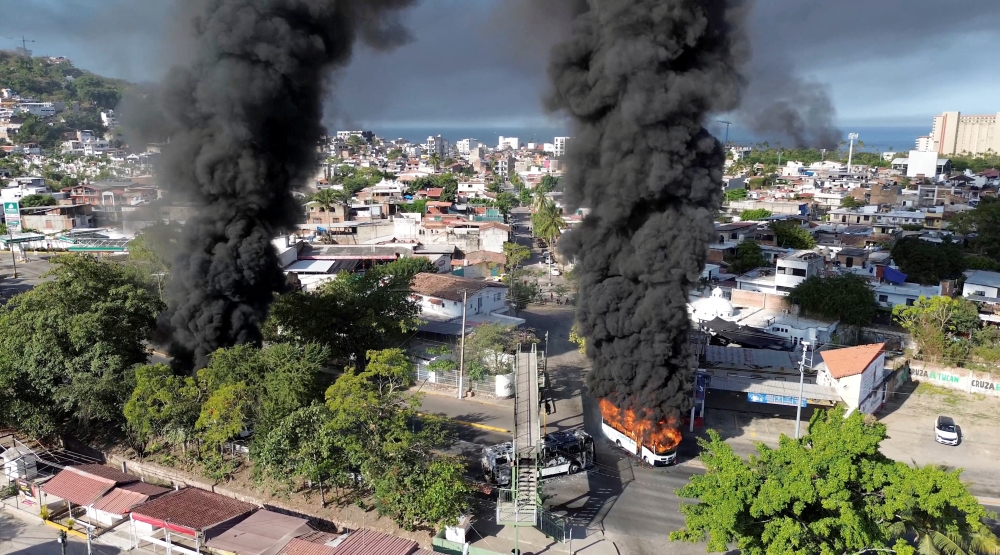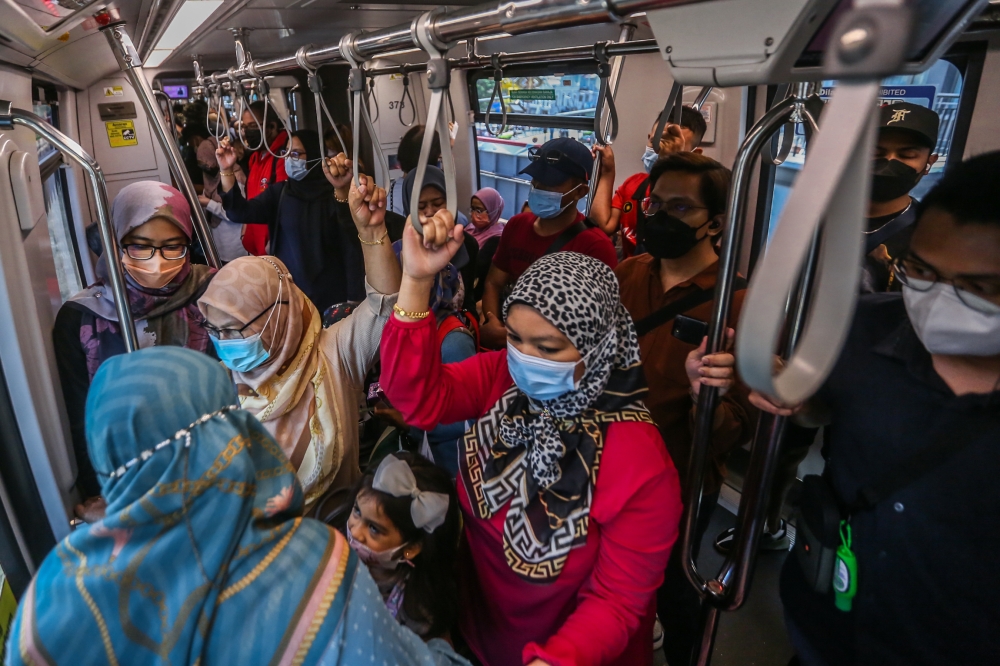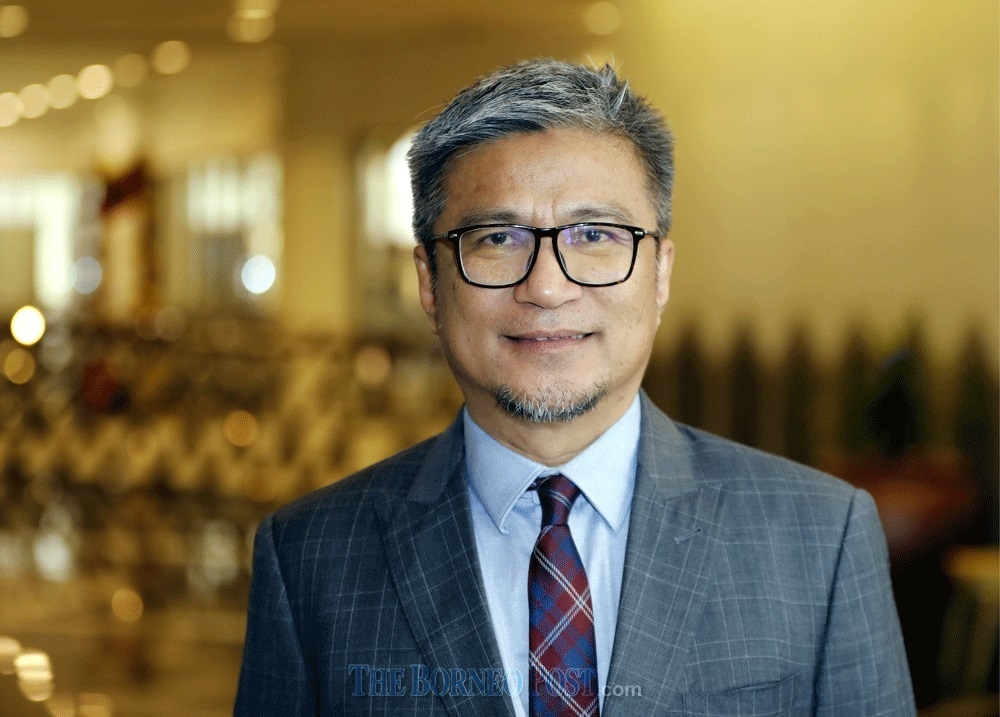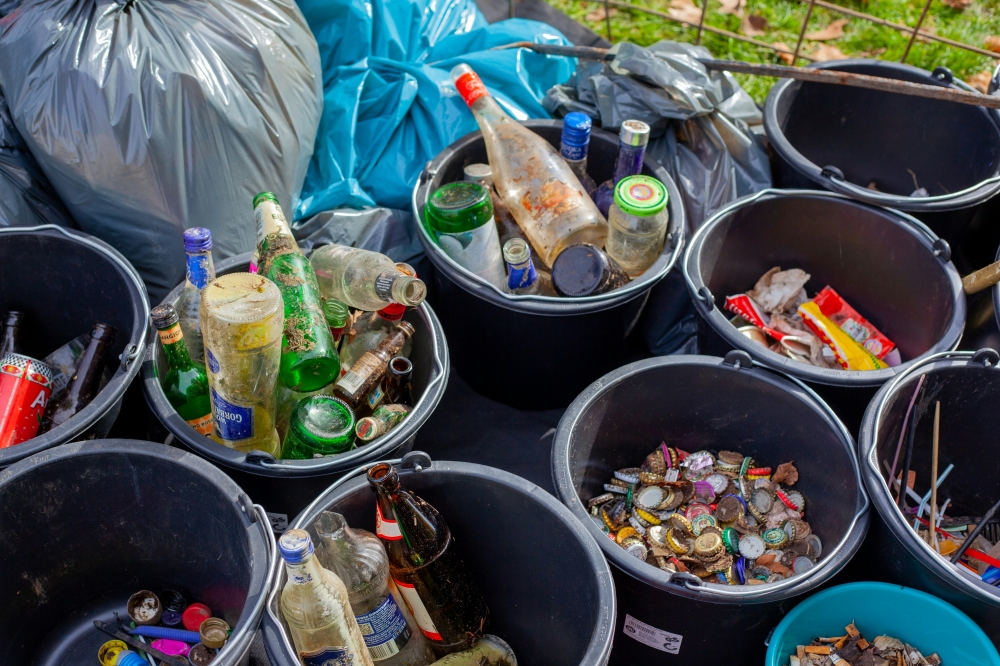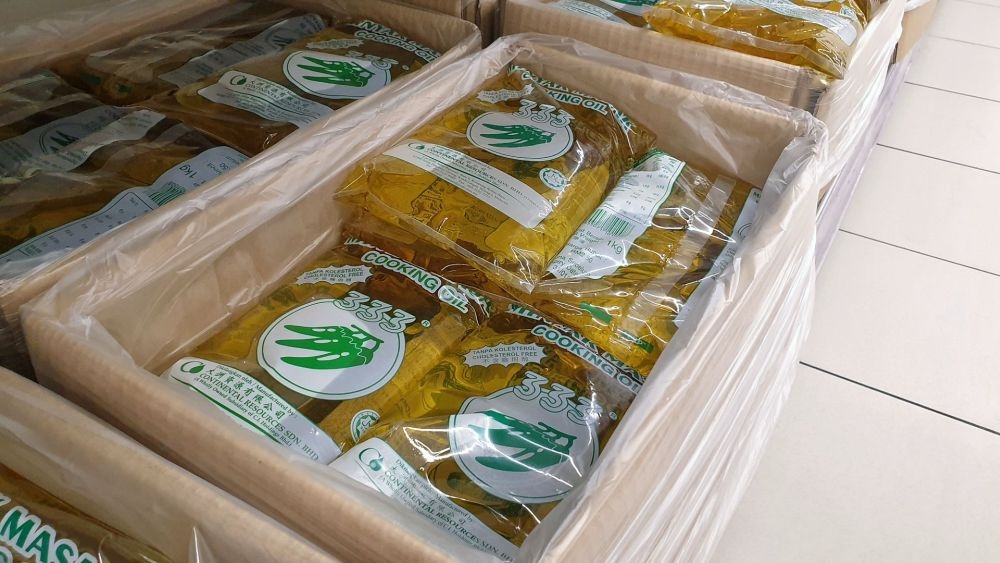SIBU, Nov 20 — The implementation of a general assessment for schools in Sarawak is still in the proposal stage, says and the engagement phase, says Deputy Minister I for Education, Innovation and Talent Development Sarawak Datuk Dr Annuar Rapaee.
According to him, the ministry is currently in consultation with all stakeholders, namely the parents, teachers and teachers’ unions, as well as the relevant government agencies.
“We (ministry) want to gather their (stakeholders’) feedback and suggestions, in addition to finding out their concerns about the proposed assessment (for Year 6 pupils in all government schools in Sarawak).
“The main objective of this general assessment is to assist schools and pupils exhibiting less than satisfactory performance, so that early intervention can be done.
“Additionally, assistance in the form of funding, teachers’ expertise and facilities will be channelled to help these schools,” said the Nangka assemblyman in a statement, recorded in a summary of a webinar hosted by Pertubuhan Aspirasi Guru Sarawak (PAGS) recently.
According to him, for Sijil Pelajaran Malaysia (SPM) results, there is the state average grading meant to guide the relevant parties into identifying the schools that need assistance.
He also pointed out after the discontinuation of the Ujian Pencapaian Sekolah Rendah (UPSR) for Year 6 pupils, there had been no ‘means to measure the performance of primary schools that might need intervention’.
Adding on, Dr Annuar said the general assessment would also help evaluate the effectiveness of the Dual Language Programme (DLP), now into its fourth year of implementation.
“So, there is a need for a comprehensive evaluation of this programme (DLP). It is seen as a two-pronged approach to Sarawak’s big investment in the DLP agenda.”
Dr Annuar said the mastering of 3M — ‘membaca’ (reading), ‘menulis’ (writing), ‘mengira’ (arithmetic) — would also be incorporated into the general assessment to assist the pupils before their transition to secondary school.
“The policies implemented by the USA, such as Every Student Succeeds Act (ESSA), serve as the guide and introductory framework for this assessment,” he added.
“This general assessment is not a comparison of which schools are better, but more towards being an element of help and intervention, or the aspects of continuous improvement to the schools.
“This general assessment is administered by an independent body and the results are recognised at the national and international level to make it easier for students to continue schooling.
“The existing syllabus will remain the same until the enactment of the new syllabus in 2027. It is administered centrally to maintain integrity and validity.
“In this regard, teachers would not be burdened and have overlapping work with the introduction of this general assessment later on, as the work would be carried out by a third party,” Dr Annuar pointed out.
In this respect, he reiterated the importance of getting the views and opinions from the community.
Dr Annuar also acknowledged PAGS’ full support for this effort. — Borneo Post Online

